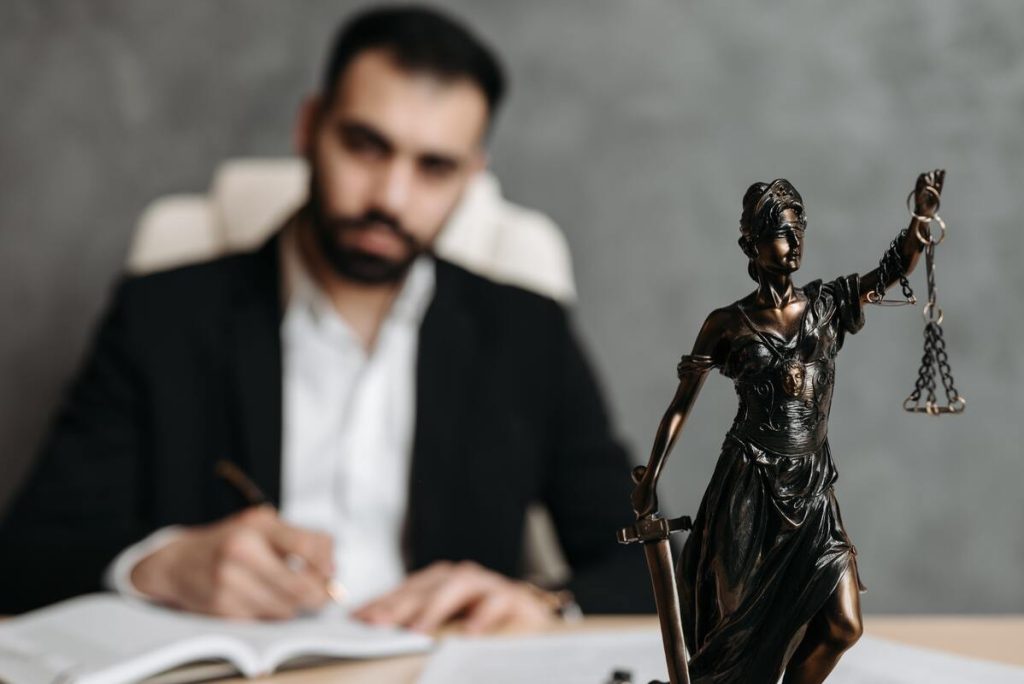When a family member gets into legal trouble while traveling or living abroad, it can be a difficult time for everyone. You may feel powerless to help them, especially if you’re not on site. However, there are some things you can do to support your loved ones and help them get through this tough time. Check out our tips for helping a family member in legal trouble!
If a family member is arrested while traveling or living abroad, it can be a frightening and confusing time. Here are some steps you can take to help them:
1. Contact the nearest embassy or consulate. They will provide information on the local legal system and offer support to your loved one. This is also where your loved one will apply for a Consular Report of Birth Abroad (CRBA) if they are not already a citizen.
2. Contact an attorney for legal advice and representation. You can search online or ask the embassy or consulate about local lawyers, but be aware that the quality of legal representation in some countries may not be good. Also, you will need to pay for the lawyer yourself; they cannot accept money from your loved one because it creates a legal conflict of interest and can get them removed from their position.
3. Contact family and friends back home so they can help with the legal process by sending letters or paying for services using Western Union or MoneyGram. You may also need to give them power of attorney to manage how your loved one’s money is being spent and how the family’s property is being sold in the event that they are imprisoned for a long time.
4. Be patient! In some countries, proceedings can take years before a final verdict is reached. And even if your loved one is found innocent, they may be required to stay in the country until the trial is over.
5. Stay positive and supportive! Your family member will need your emotional and financial support as this progresses, so keep them in good spirits and focus on how they can get through this tough time.
When looking for a lawyer for your loved one, there are a few things to keep in mind:

1. Try to find a lawyer who is familiar with the country’s legal system where your loved one is being tried. They will be able to navigate the system more easily and provide better representation.
2. Make sure to ask the lawyer how much they will charge, as well as how much you will need to pay for their services. In some cases, the lawyer may be willing to work for free or accept money from your loved one, but this creates a legal conflict of interest and can get them removed from their position.
3. Ask the lawyer how they plan to represent your loved one in court. They should have a specific plan and be ready to share it with you.
4. Be aware that the quality of legal representation in some countries may not be good, especially if the legal system is based on a different model than what your loved one is used to (for example, how criminal cases are often handled very differently from how civil cases are handled).
5. Ask the lawyer how long the trial process will take, how much it will cost, how to pay immigration bonds if necessary, and how you can help speed it along.
6. Be mindful of what kind of information you share with your loved one’s lawyer – especially anything that could put them in danger or get them into further trouble while being held captive by the government.
7. If you can, search online for reviews and feedback about the lawyer’s services and ask for recommendations from people who have used them before.
8. It is also possible to contact local lawyers through your loved one’s embassy or consulate; they may be able to find someone reliable and with experience in this kind of situation.
If you want to be an effective advocate for your family member in legal trouble abroad, you must understand the local laws and procedures. You may need to search online or ask the embassy or consulate about lawyers familiar with this type of situation; make sure they can represent your loved one without a conflict of interest (i.e., cannot accept money from them). Be aware that if your loved one is found guilty, there could be long delays before any final verdict is reached, so stay patient and supportive during this difficult time!

